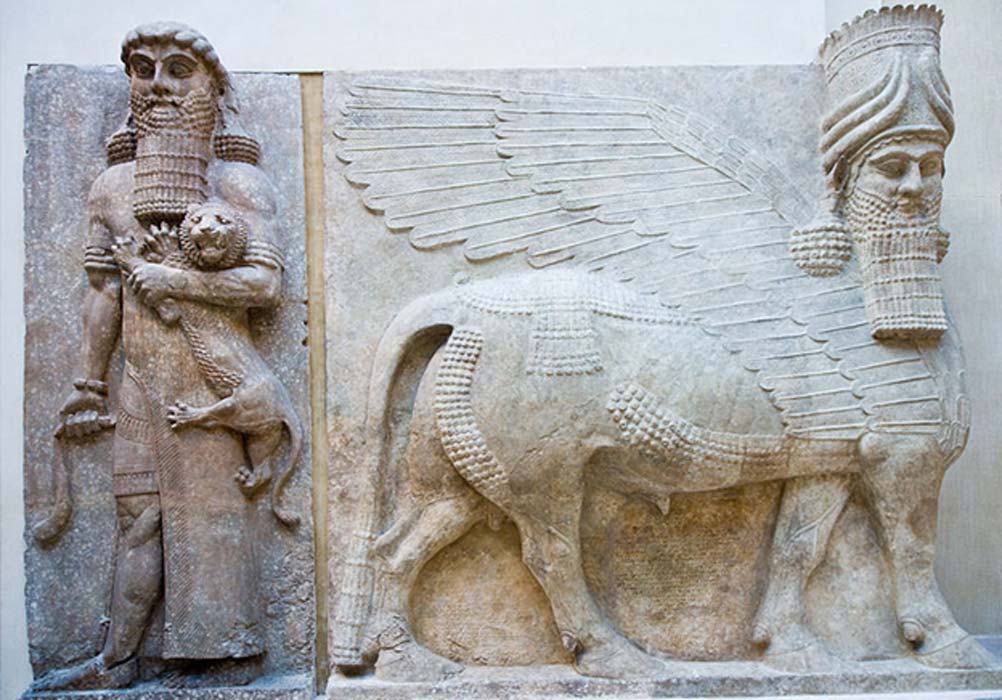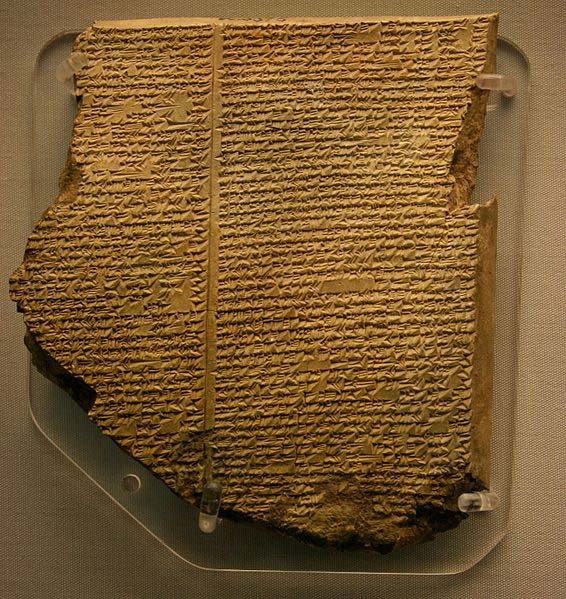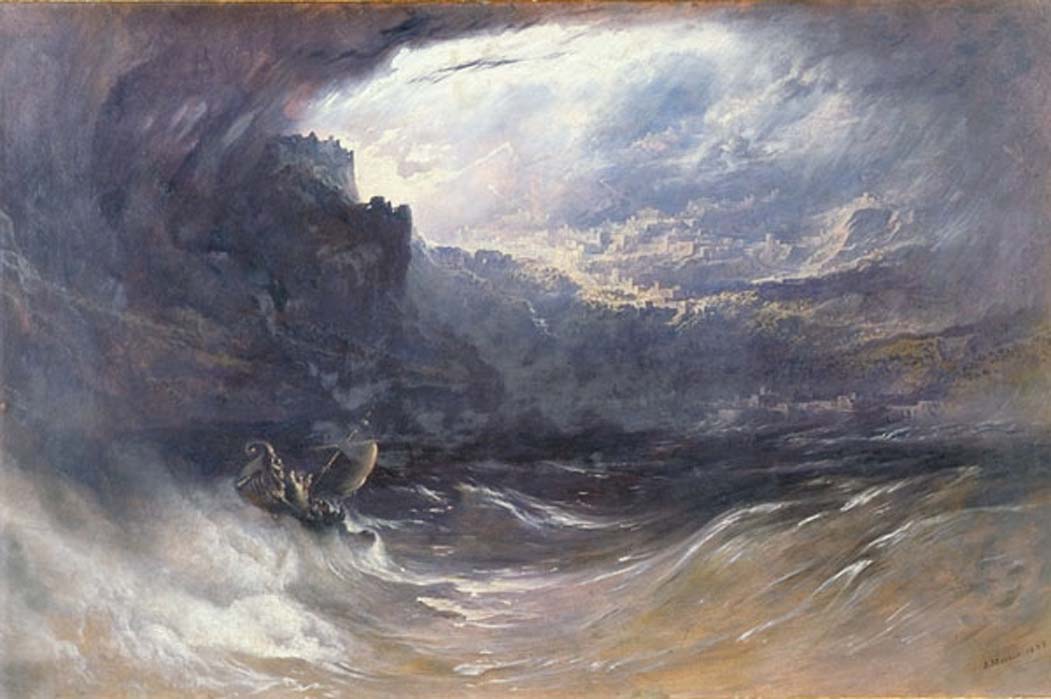
Immortality Lies within the Legend: Is Gilgamesh Alive and Well?
In 1853, Hormuzad Rassam discovered fragments of an ancient Sumerian text which is now considered to be the first great work of literature our civilization ever produced. After its translation it was published in 1870 by George Smith. Although read by serious Mesopotamia scholars far and wide, it was generally consigned to oblivion in the popular press. As a matter of fact, it took an episode of Star Trek: The Next Generation to spark any real public interest in the work. The second episode of the fifth season of the popular TV show was entitled Darmok. In it, Patrick Stuart's character, Jean Luc Picard, quoted the line: "He who was my companion through adventure and hardship is gone forever”. Soon after people all over the world rushed to find a copy of The Epic of Gilgamesh so they could learn more about the heroes Gilgamesh, king of Uruk, and Enkidu, a wild man of the forest. It was another triumph for those who trumpet the enormous impact, and resulting responsibility, of popular television shows.

The Flood Tablet, the 11th tablet of the Gilgamesh Epic, describes how the gods sent a flood to destroy the world. Utnapishtim was forewarned and built an ark to house and preserve living things. (CC BY-SA 4.0)
Gilgamesh and Enkido
The Epic of Gilgamesh was composed more than 4,000 years ago. It tells the story of how two men as different as king Gilgamesh and savage Enkido could triumph over adversity and develop a personal friendship. Enkido was created by the gods specifically to keep Gilgamesh from subjugating and oppressing his people. But after an epic battle, the two became friends, and shared many adventures. Eventually, however, the now ‘civilized’ Enkido was given a death sentence by the gods, partly as a consequence of failing to fulfill the purpose for which he was created. Depressed and disillusioned by his friend's death, Gilgamesh undertook a long and difficult quest to discover eternal life. He believed the gods to be unfair because they created humankind with the knowledge of eternity, but without the ability to ever achieve it. This, he came to believe, was an unforgivable act.

The Deluge, by John Martin, 1834. Yale University (Public Domain)
The Deluge and the Gods’ Destruction of Noisy Mankind
Grieving for Enkido, and fearful of his own death, Gilgamesh decided to seek wisdom from Utnapishtim, one of the two survivors of the great flood which had destroyed most of humanity. This flood was brought about because of two gods named Enlil and Enki. They were half-brothers, prone to sibling rivalry.
Enlil was the one who had wanted to create the human race in the first place. He was interested in obtaining a race of slaves who would serve the gods. It worked for a time, but he eventually got tired of what the Epic of Gilgamesh calls human ‘noise’, so he decided to destroy them all with a great flood.
Enki, however, disagreed. He had done the actual work of creation, making humans out of a mixture of clay and blood, and was quite angry with his brother, not wanting to see his work go to waste.
- The Ascension of Gilgamesh: Did the Epic Hero Actually Exist?
- The Nurturing Goddess Ninsun: Worshipped by Ancient Mesopotamians and the Mother of Gilgamesh
- Previously Unknown Lines to the Epic of Gilgamesh discovered in Stolen Cuneiform Tablet
So, he decided to help Utnapishtim and his wife escape the deluge by building a boat. Utnapishtim was given precise dimensions to follow, finally sealing the hull with pitch and bitumen. Just in time, he loaded it with ‘all the animals of the field’, gathered his family aboard, and was able to float to safety after a strong storm arose that was terrifying even to the gods, who retreated to the safety of the heavens. The boat eventually lodged on a mountain top, and Utnapishtim released first a dove, then a swallow, and finally a raven. The dove and swallow returned to the safety of the boat, but the raven didn't come back. This convinced Utnapishtim that there must be dry land somewhere, and he knew he could safely disembark.




